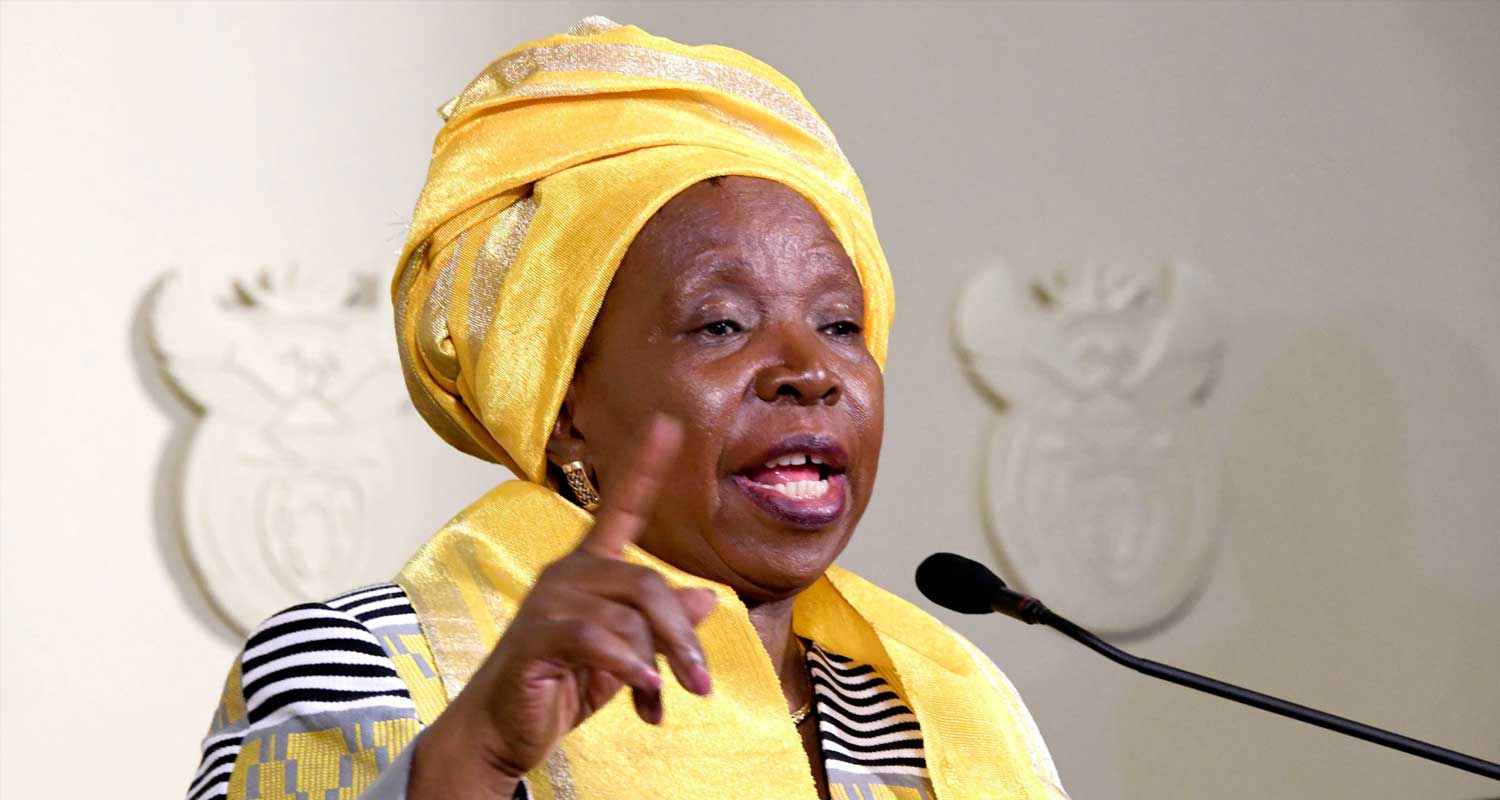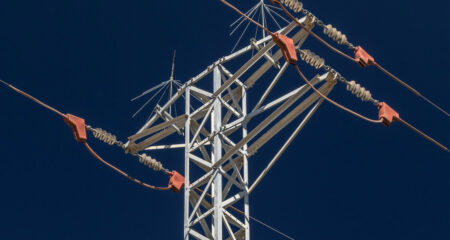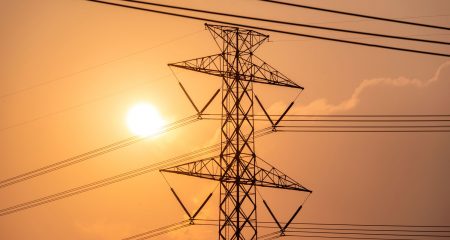
Broadcasters and telecommunications operators must keep the public updated on the latest developments in South Africa’s energy crisis. Their infrastructure has been deemed “essential” for the duration of the state of disaster announced in by President Cyril Ramaphosa in his state of the nation on 9 February.
This information is contained in regulations for the national state of disaster to deal with the electricity-supply emergency, which were gazetted on Monday by cooperative governance minister Nkosazana Dlamini Zuma. Read the full regulations here (PDF).
The regulations, the minister said, are designed to “protect and provide relief to the public; to protect property; to prevent and combat disruption; and to deal with the destructive nature and other effects of the disaster”.
Among the aims of the national state of disaster are:
- Providing measures to enable the connection of new generation of electricity;
- Providing measures to improve Eskom’s plant performance; and
- Minimising the impact of load shedding on the economy.
All government departments and agencies, whether local, national or provincial, must adopt energy-saving measures and prevent the escalation of the electricity supply shortfall. They must also ensure continuous operation of health facilities, water infrastructure and other specified essential infrastructure and services, including by installing alternative sources of energy.
Cabinet ministers must work to grant exemptions from load shedding – or ensure reduced load shedding – to specified essential infrastructure, but only where this is “technically feasible, in alignment with the requirements and obligations of [Eskom’s] System Operator and only to the extent that such exemptions or reductions would not result in an increased risk of higher stages of load shedding”.
The cabinet ministers responsible should also implement measures to remove impediments to the development or construction of new generation capacity in South Africa. This includes speeding up and streamlining the application and decision-making processes related to energy-generation projects, including “designating a single department or institution to receive and coordinate the processing of applications or stipulating maximum timeframes for decision making”. Environmental approvals must also be expedited.
In the communications sector, the minister responsible, currently Khumbudzo Ntshavheni, must ensure mobile operators and broadcasters issue public service announcements on the state of disaster “at no cost to users”.
The regulations also call for the ability by individuals and companies to sell excess power they produce back to licensed distributors. New rules must also be devised to facilitate small-scale “embedded generation” as well as the “wheeling” of electricity over transmission lines.
Looting
With many South Africans worried about the potential for state looting under the new state of disaster – as happened under the Covid-19 state of disaster – the regulations state that any procurement that deviates from the normal procedures must be published and reported to parliament in the same month as the expenditure took place. Reasons for the deviation must also be provided.
The auditor-general must also conduct “real-time audits” and report on the financial management of all emergency procurement done under the state of disaster. – © 2023 NewsCentral Media




